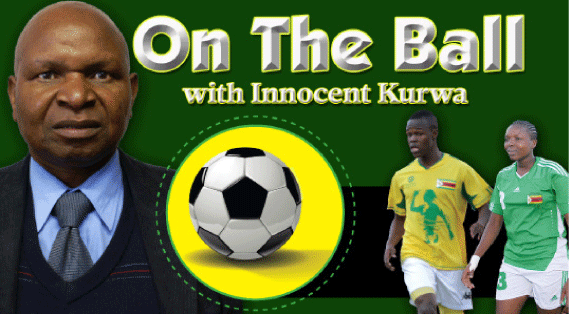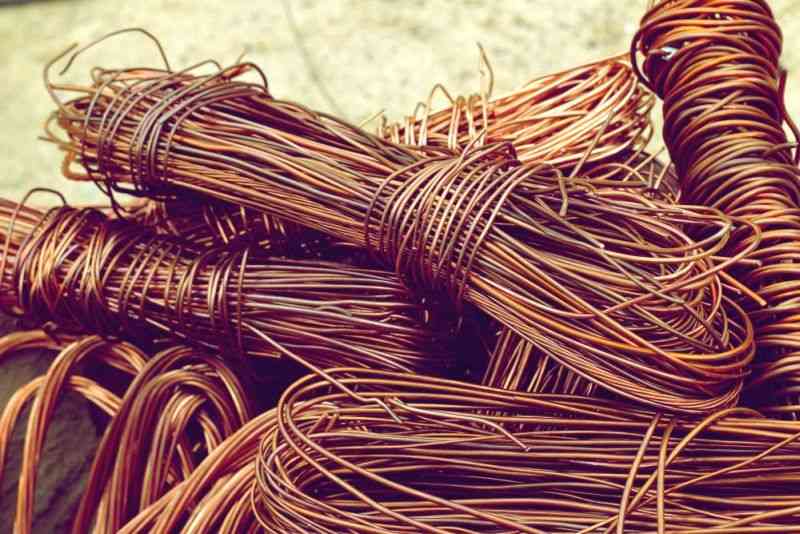
THE National Athletics Association of Zimbabwe (Naaz) deserves a lot of praise for sending a contingent of 39 junior athletes to represent the country in the Southern Region championships in South Africa this week.
The competitors will certainly get a good run ahead of the World Junior Championships that take place in the United States in July.
When one considers the several challenges the country and different sports disciplines have, especially of a financial nature, in sending teams to compete outside the country, it becomes very clear that the national athletics association has achieved a lot, particularly when the size of the team is also taken into account.
Quite often different disciplines fail to send people to competitions that help in their development and many of them end up begging the government to give them some funds.
We all know the government is completely broke and, even if it was not, whatever funds it had would surely not be enough to go round.
In any case the government funding breeds a dependency syndrome and brings about a malaise that ends up with sports people wanting to attend all sorts of competitions.
If the government had funds to assist, maybe this would be best done on the basis of government giving say a dollar for each $5 raised by the sportspersons asking for assistance.
Even corporate sponsors find it easier to help people who have put together something rather than those that are empty-handed and want even the first dollar.
- Chamisa under fire over US$120K donation
- Mavhunga puts DeMbare into Chibuku quarterfinals
- Pension funds bet on Cabora Bassa oilfields
- Councils defy govt fire tender directive
Keep Reading
The athletics squad for South Africa is made up of 23 boys and 16 girls who, we are told, are very sharp and strong, giving us all high hopes that these juniors will hoist the Zimbabwe flag very high and in the process meet the qualifying times for the July World Junior championships.
We also hope that these youngsters will be kept together and in competition as far in their lives as possible so that they can be helped in developing their talent in athletics and, who knows, maybe one day one of them will earn Zimbabwe a gold medal, at say the Olympics.
The squad will be accompanied by four officials, a ratio of ten athletes to an official.
This is highly commendable — in a lot of times we see a skewed ratio when squads go abroad on trips, with officials stepping all over each other and crowding out competitors, especially in non-team disciplines.
The usual cause for such unfair distribution is simply that greedy officials will be eyeing the allowances they get on such trips and also just the mere act of being in another country.
The biggest rugby tournament in the country, the Dairibord Schools Rugby Festival kicked off at Prince Edward School in Harare yesterday and the local organisers have on show two very prominent persons as guests — Oregan Hoskins, the president of the South African Rugby Union and Ian McIntosh a national selector with the SA Rugby Union.
The Zimbabwe Rugby Union are organising the annual schools festival and on show are all the elite rugby-playing schools from throughout the country — Lomagundi, Falcon, Peterhouse, Prince Edward, St George’s — name them, they are all there.
The grounds at Prince Edward will be teeming with all these schoolboys as well as members of their families and friends as well as members of the general public with an interest in rugby.
Such large crowds bring with them their own problems and it is our hope that one of the issues that has plagued the schools rugby festival in the past is completely addressed this time around.
In the past the open smoking of mbanje has been a problem and we all have not forgotten that some of our rugby players were caught offiside at an international rugby competition last year and people within rugby said the drug problem could be traced back to the schools rugby festival.
Parents and those running the festival as well as those in charge of the teams from different schools need to work together and be united against deviant behaviour which, as appears the case, is otherwise accepted as macho behaviour.
There is nothing macho about taking drugs. Such behaviour has been tolerated in the past, but that does not justify it.
- The suggestion by Kenny Ndebele, the Premier Soccer League (PSL) chief executive officer, that PSL clubs consider hiring media liaison officers is very laudable — it is something long overdue.
Most of the negative perceptions people have of local football arise from lack of correct information from football clubs.
Because they do not have individuals specifically responsible for their relations with the media, and thus the public, clubs end up often reacting to negative stories long after these have been carried in newspapers.
Where clubs have somebody with a specific role of liaising with the media, usually such persons are not properly trained for this very important role or have too many other responsibilities on their plate and, as a result, are found wanting.
Football is big business today and a major part of business is projecting the right image at all times.
Our clubs, for one reason or another, take to good ideas very slowly and even ideas that are very sound and good for them take long to be implemented!
Appointing media liaison people will bring our clubs a lot of benefits and the sooner they embraced this suggestion the better.
Benefits far outweigh the costs.










